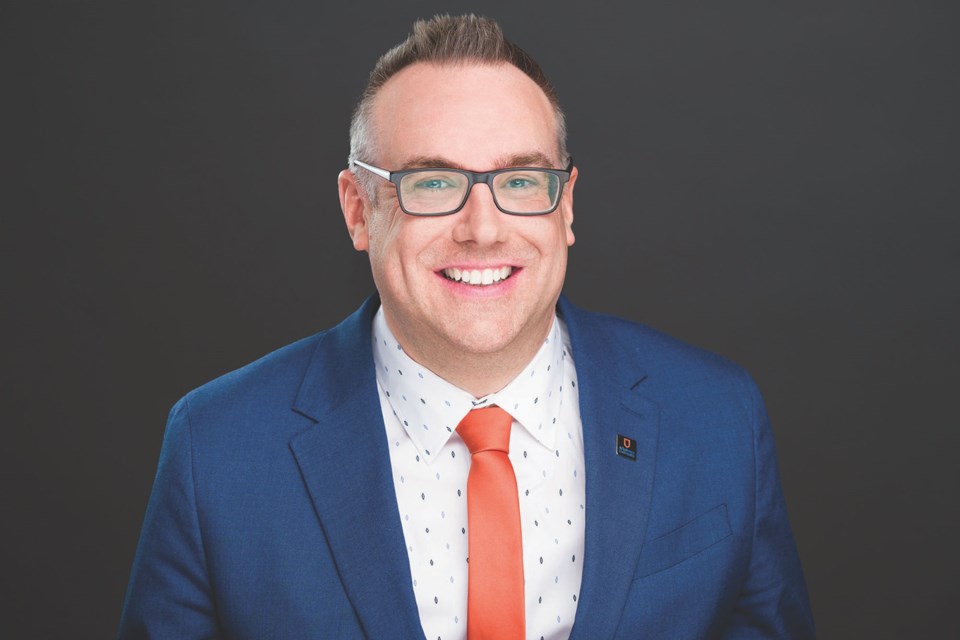ATHABASCA – According to a recent study by Athabasca University (AU) done in collaboration with the Angus Reid Institute, Canadians aren’t satisfied with their level of workplace education.
The study, “The Great Evolution: Mapping New Workplace Dynamics and Desires” found that 77 per cent of Canadians wanted to “re-skill” to keep up with changing needs in the workplace, while 70 per cent want to learn digital skills, and 74 per cent want to improve interpersonal or “soft” skills which may have stagnated during the pandemic.
AU president Dr. Alex Clark, in a March 16 interview, said that the inspiration for the study was to try and quantify some of the “immense changes” caused by the three years of the COVID-19 pandemic.
“The programs have been in place for a few years, but lots of the changes from COVID has motivated people to change their skills for their job, (COVID) brought those changes into focus, and has really created a good demand for these kinds of shorter courses,” he said.
The study, which used a representative sampling of 1,507 Canadians, focused on a multitude of areas, including learning, leading, work-life balance, how good (or bad) workplace managers were, and what challenges they faced at work. The micro-credentials aren’t limited to so called “white collar” jobs either; Dr. Clark believes that certificates involving teamwork, or technology are broadly applicable no matter the field an individual works in.
“Two out of three Canadian’s want more meaning in their work, they want to be doing work that is meaningful to them, and we know from research about mental health that having meaningful work is one the best things you can do to reduce burnout. So, when two out of three want more meaning, it’s an important statistic to respond to.” 78 per cent, or nearly 4 out of 5 Canadians, also want to see purpose, or meaning, brought to the forefront of corporate culture.
Besides its role as a leading educational centre, AU also serves as a major employer for the region. In this role, Dr. Clark wants to encourage a “growth mindset” among his employees, which he defines as “learning new things, trying your best and reflecting on them, and trying to get better.”
“When you have a growth mindset, you see yourself as never arriving, and seeing life as one big learning journey. As president, I want to encourage a university where everyone sees themselves as a work in progress, where we never think we’ve arrived, and where we build and devote time to learning so that we can grow and get better. When we do that as an organization, we’re better placed to serve our learners as well,” he said.



